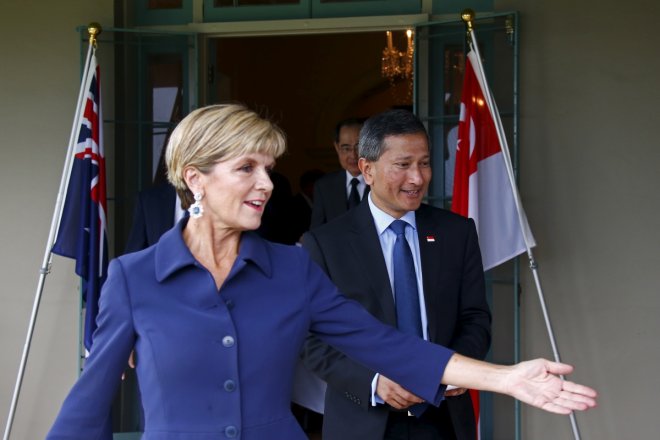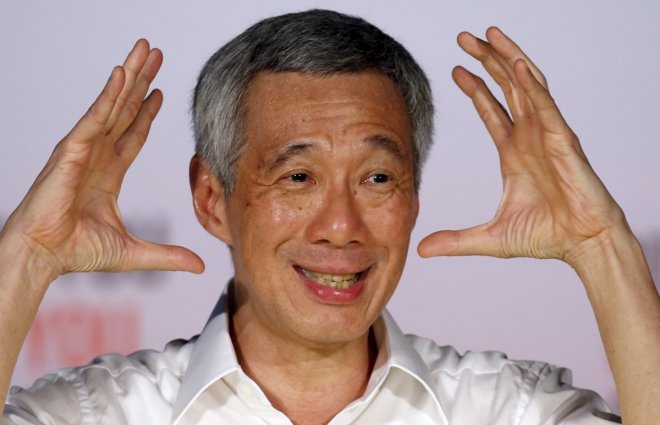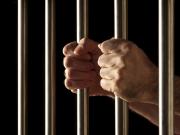
Singapore and Australia will sign as many as four landmark cooperation agreements this week during Prime Minister Lee Hsien Loong's visit Down Under. The most important deal to be signed is the memorandum of understanding that allows Singapore Armed Forces (SAF) to expand its training facilities in Australia.
A deepening of defence ties with key partner Australia has come at a time when Singapore's relations with regional super power China suffered a rude shock over South China Sea dispute.
Under the new defence treaties to be signed with Australia, Singapore will seal a 25-year access for up to 14,000 soldiers to train for up to 18 weeks in Australia.
Though the Singapore Armed Forces have been undertaking training sessions in Australia since 1990, the latest deal allows greater access to the space-starved island nation. Earlier, only 6,000 soldiers could train at a time in Australia.
The $1.7 billion expansion plan will be formalised during Lee's visit, during which he will also address the Australian parliament. Lee will be the first Singapore prime minister to address the Australian parliament.

Singapore's defence spending saw a spike this year, the first substantial increase in defence outlay since 2011. In March the government said its annual defence budget was pegged at $13.97 billion (US$10.2 billion).
This represented an increase of 6.4 percent over the previous year's allocation. This year also saw the budget spending on defence rising to 3.4 percent of the GDPO, which was the second consecutive annual growth. This reversed the trend of a gradual decline in defence spending as a proportion of GDP since 2009, signaling a realignment in security perception over the recent years.
Compared with China's projected defence outlay of $146 billion, Singapore's military budget is miniscule, but the republic is joining the bandwagon of other southeast Asian countries which are increasingly wary of the mightier regional power China.
Countries such as Vietnam, Indonesia and Malaysia are also ramping up military spending and buying submarines and fighter jets to strengthen the defence forces.
Arms race in Southeast Asia
Singapore Defence Minister Ng Eng Hen explained the context to the Southeast Asian 'arms race' in an interview to Bloomberg earlier this year:
"We don't have the mechanisms and if you look at the South China Sea, that's exactly what is fueling some of the problems, there are no platforms ... "It's a simple idea that the more your militaries cooperate and understand one another, yes there is always some strategic and tactical rivalry, but you get the measure of the man, and it helps you calculate and it actually prevents you from making miscalculations."
Beyond the defence agreement Lee and his Australian counterpart Malcolm Turnbull will also sign this week three other major deals. These are an upgraded Singapore-Australia Free Trade Agreement (FTA); an MOU on innovation and science and and an MOU to combat transnational drug offences.









